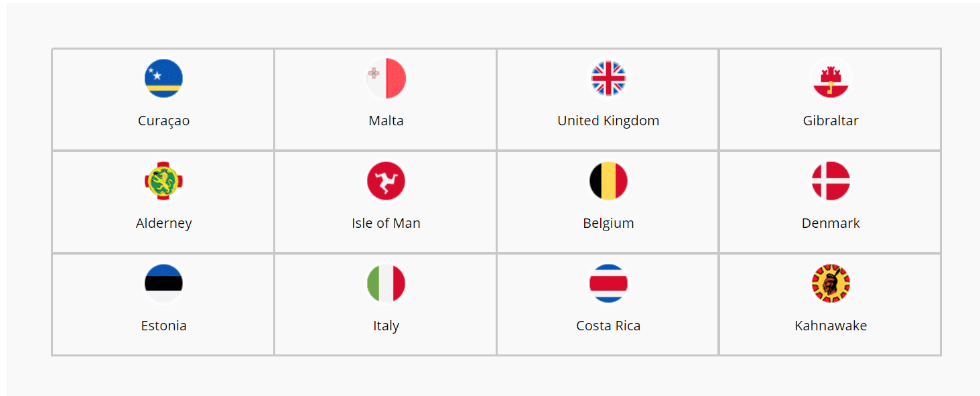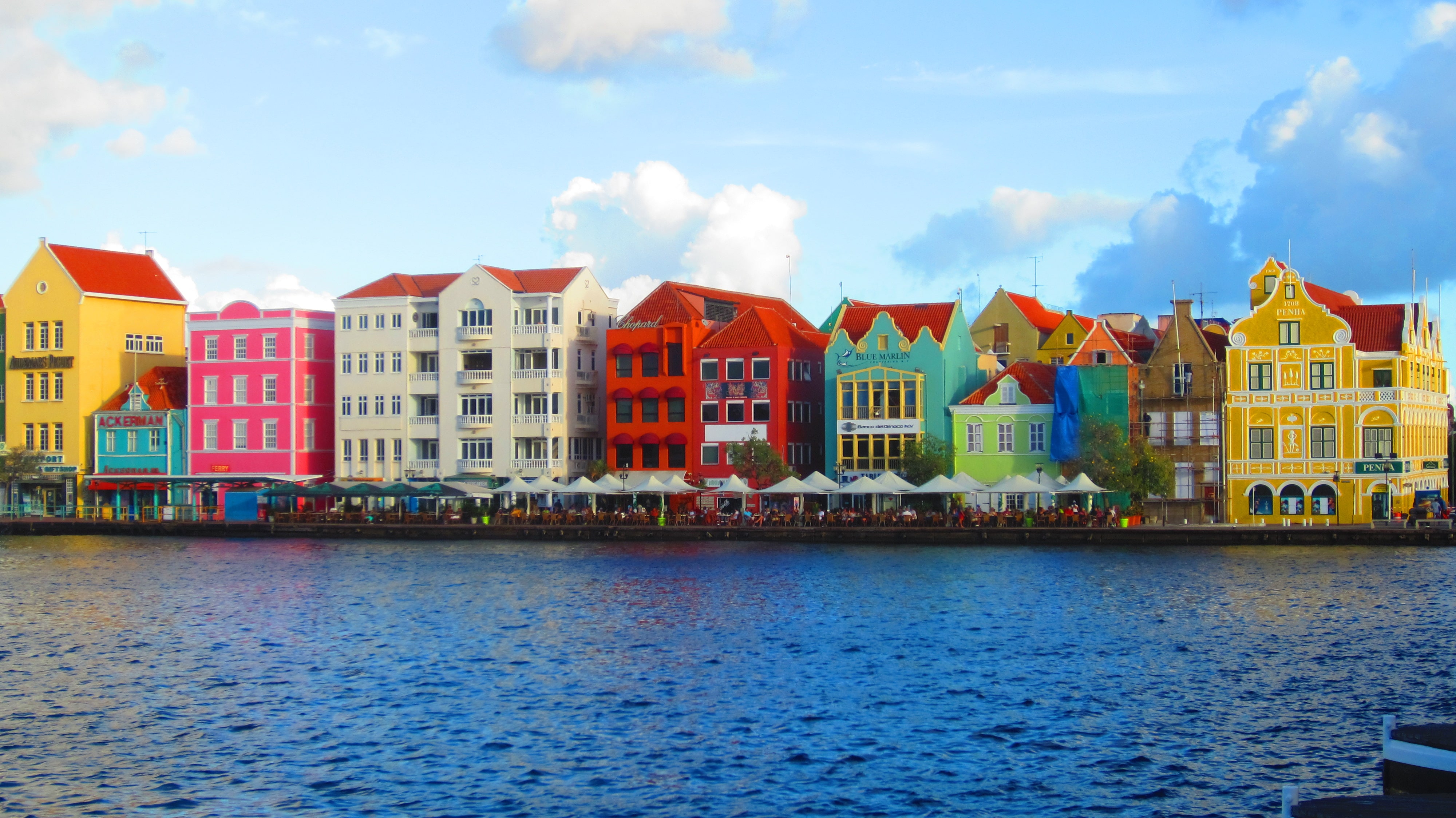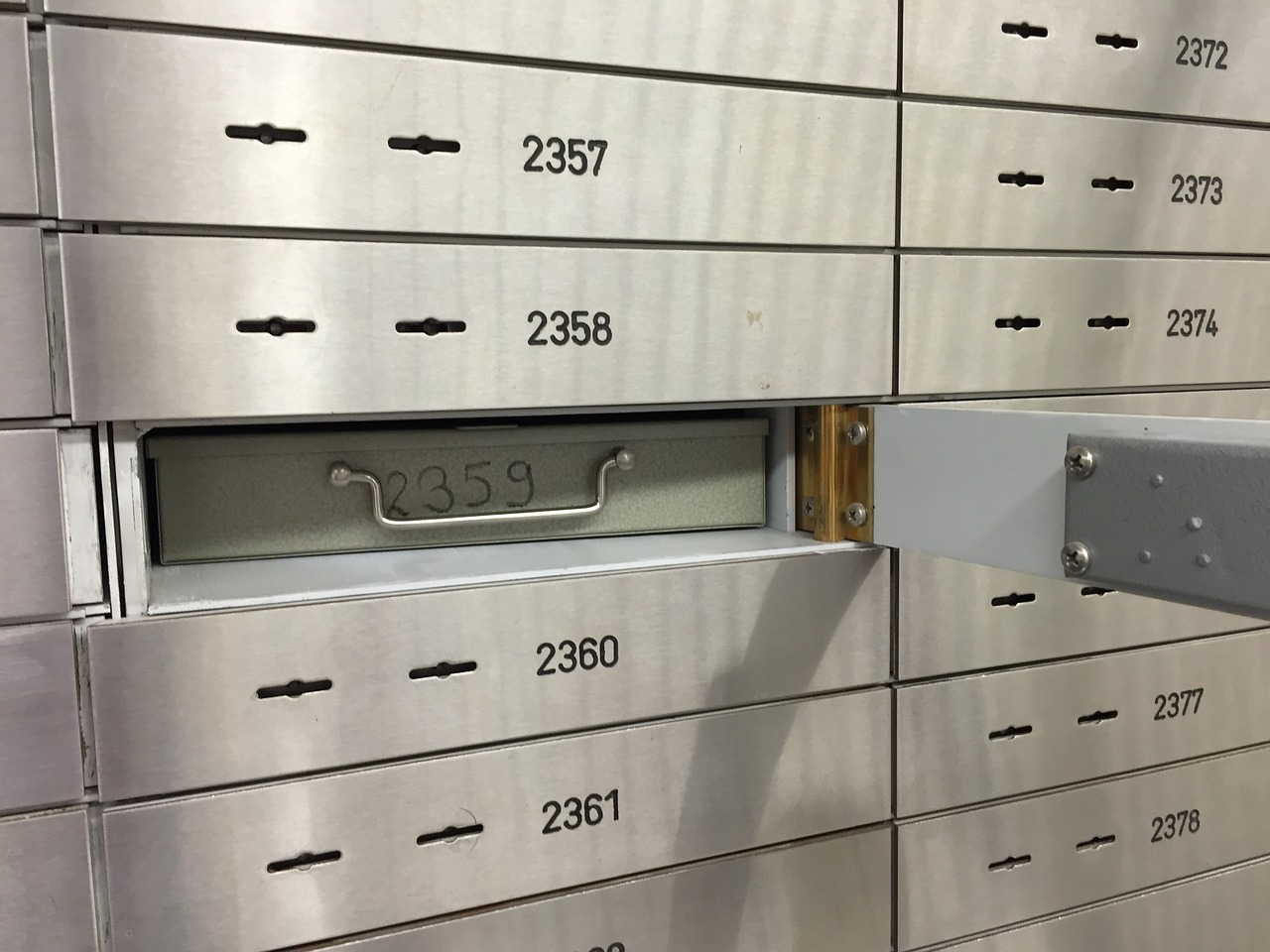MasterBitExpress Wallet is an application for sending and receiving Bitcoins. You own Your inherent data, count with privacy and decide where Your wallet is going to be backed up. Using Blockchain technology, transactions are automatically signed from within the wallet once required, transparently to the user, so that a seamless, privacy oriented and secure, experience of paying and receiving funds, is the main objective of MasterBitExpress.
Get It OnContact usThis article is originally posted at Coincentral.com
Cryptocurrency casinos look like they’re here to stay.
However, their supervision and risks are worth looking into. This article describes the treacherous waters of cryptocurrency casinos and what you need to know before playing.
Gambling Licenses
All casinos on “the Strip” (a stretch of South Las Vegas Boulevard) have gambling licenses. All online casinos on “the world wide web”, however, do not.
A particularly unlicensed group of casinos is the online casinos only accepting cryptocurrencies (below referred to as “cryptocurrency casinos”). There can be many reasons for that. One reason is that in regular online casinos, players deposit fiat currency and the online casinos then need a merchant bank account to handle the deposited fiat currency.
In order for an online casino to be permitted by a bank to have a merchant bank account, such a bank will need to see a gambling license. When the players instead deposit cryptocurrency, the need for a bank is eliminated and – in turn – the need for a gambling license for “cash handling reasons” is also eliminated (such need might remain due to other laws or regulations in the relevant jurisdiction).
Implications of Having a Gambling License
The biggest difference between licensed and unlicensed online casinos is that the licensed online casinos are subject to regular reviews by the supervisory authority (normally the Gambling Authority of the jurisdiction issuing the license). If the supervisory authority upon review finds that inadequate security measures are in place to protect the players’ funds or that players’ withdrawal requests are being denied, then the authority can revoke the online casino’s license. The supervisory authority can also offer support to players in disputes with online casinos.
Another important difference between licensed and unlicensed online casinos is that licensed casinos (with some exceptions described below) have their Random Number Generator (“RNG”) verified by the supervisory authority. The RNG is what ensures that e.g. the online roulette wheel truly gives random results.
When the supervisory authority verifies the RNG, it also applies the authority’s own “code” to the RNG so that the RNG thereafter cannot be manipulated by the online casino itself. Unlicensed casinos, on the other hand, can alter their RNGs in whatever way they prefer, in order to ensure that the games offered on the website pay out less than they would if it would have been truly random.
It should be noted that there that there are also certain unlicensed online casinos that instead apply the concept of “provable fairness”. A game that is probably fair is equipped with an algorithm that can be analyzed and verified for fairness. The algorithm ensures that the outcome of bets are mathematically predetermined (although not predetermined in a way that you can use of course).
In that way, third-party verification and auditing (from e.g. a supervisory authority) is normally unnecessary. A warning flag should, however, be raised for online casinos that boast on their respective websites that their games are “provably fair” but without any algorithm presented to back that up.
Countries Issuing Gambling Licenses
There are a number of countries across the globe that issues gambling licenses. The world leader when it comes to online casinos is arguably Malta. The relevant authority there is the Malta Gaming Authority. For a long time, Malta as a jurisdiction for online gambling was without any significant competition as it took much longer for other countries to recognize the financial value brought to the country by the online gaming industry. Today, although Malta is still arguably the world leader for online casinos, many other countries/territories are also known for issuing gambling licenses:

The UK Gambling Commission once made a list commonly referred to as the “online gambling white list”. This list included jurisdictions that pursuant to the UK Gambling Act 2005 were permitted to offer and market their online gaming services to UK players (as these jurisdictions were seen as trustworthy).
The whitelist included the following countries:
- The EEA countries
- Alderney (the northernmost of the inhabited Channel Islands and part of the Bailiwick of Guernsey)
- Antigua and Barbuda
- Gibraltar
- Isle of Man
The observant reader can note that Malta was not included on the whitelist, despite the Malta Gaming Authority being the authority seen as the most trustworthy and respected in the world by most online casino players. Apparently, the current global gaming community and the pre-2005 English legislators have different views on gambling licenses’ trustworthiness.
Out of the 47 cryptocurrency casinos listed by Cryptowisser (a site that compiles comprehensive data from online casinos), 25 have a gambling license and 22 do not. Out of the 25 cryptocurrency casinos that do have gambling licenses, 22 (!) are issued by Curaçao, 2 are issued by Costa Rica and 1 is issued by Montenegro (cloudbet.com).
Two obvious conclusions can be drawn from the above:
- None of the 47 market leading casinos listed above has a license from a country included on the UK Gambling Commission’s whitelist (although Montenegro is currently negotiating to become an EU-member and thereafter possibly also an EEA-member); and
- Curaçao is dominant.

Curaçao – The Caribbean “gambling license”-island.
Why Do 9 out of 10 Cryptocurrency Casinos Have a License from Curaçao?
Curaçao is a Caribbean island, located off the coast of Venezuela with a population of 150,000. It is an autonomous country within the Kingdom of the Netherlands. There are four primary reasons for Curaçao’s dominance in online casino gambling licenses: low tax, low license fees, smooth license application procedure and non-complex gambling regulation, and the “hands-off” approach.
Low tax
The corporate tax rate in Curaçao is 2% of net profits. This can be compared to the corporation tax rate for net profits in the United Kingdom, which is 19% (almost ten times higher). Moreover, there are no import duties and no sales tax in Curaçao.
Low license fees
The fees for getting and maintaining the license are also very low. The cryptocurrency casinos need to pay set-up fees (appointment fee, the fee for eGambling license application, incorporation service fee, eZone application fee, etc.) totaling approx. USD 34,000. Furthermore, during the first two years of operation – there are monthly fees of around USD 6,000. After such initial 2 year-period, the operator of the online casino can negotiate the fees with the Curaçao government.
Smooth license application procedure and non-complex gambling regulation
The licensing procedure in Curaçao is incredibly quick and cheap. The process, provided that all your paperwork is in order when applying, takes normally no more than six (6) weeks. Also, the regulation governing gambling in Curaçao is quite simple. There is only one license required for whatever type of gambling operation you want to conduct (games of chance, skill games, and sports betting). In many other countries, separate licenses are required for each of these different gambling types.
It should be noted here that the smooth license application procedure also entails certain risks for the online casino’s future players. One risk, in particular, that should be considered is that the authorities in Curaçao do not verify that the online casino’s RNGs (see more about RNGs above) are truly random. Accordingly, before playing at a cryptocurrency casino licensed in Curaçao, you should ensure that it is also “provably fair”.
“Hands-off” approach
There are different ways to handle disputes between players and casinos. As an example, Malta Gaming Authority has a division of compliance and disputes officers whose sole objective is to ensure that players are heard “fairly, independently and within a reasonable timeframe”. They also work together with the organization eCommerce and Online Gaming Regulation and Assurance (eCOGRA). eCOGRA has a specific dispute mediation service through something called the Fair Gaming Advocate, designed to ensure the protection of the players.
In contrast, Curaçao takes a so-called “hands-off approach” to disputes between players and casinos. They recommend the two to settle their disputes in an amicable manner without the involvement of the Curaçao Gaming Control Board. So if you are a player being mistreated by an online casino with a license from Curaçao, you will just have to ask such an online casino to treat you better. Clearly, the players at online casinos licensed in Malta have more power to use in a dispute situation.
Concluding Thoughts
Cryptocurrencies and blockchain technology is revolutionizing many different industries across the globe. The gambling industry is no exception. Cryptocurrency casinos are here to stay. Players on cryptocurrency casinos should be aware though that playing at an unlicensed cryptocurrency casino is risky, and that playing at a cryptocurrency casino licensed in Curaçao might not provide the best security and protection for the player either.
My prediction for the coming years is that we will see an influx of cryptocurrency casinos applying for and receiving licenses from other countries than Curaçao, providing more trustworthiness and player protection to the cryptocurrency casino industry.
Wanna bet?
The post Cryptocurrency Casinos: Rolling the Dice on the Risky Business appeared first on CoinCentral.










Comments are closed.